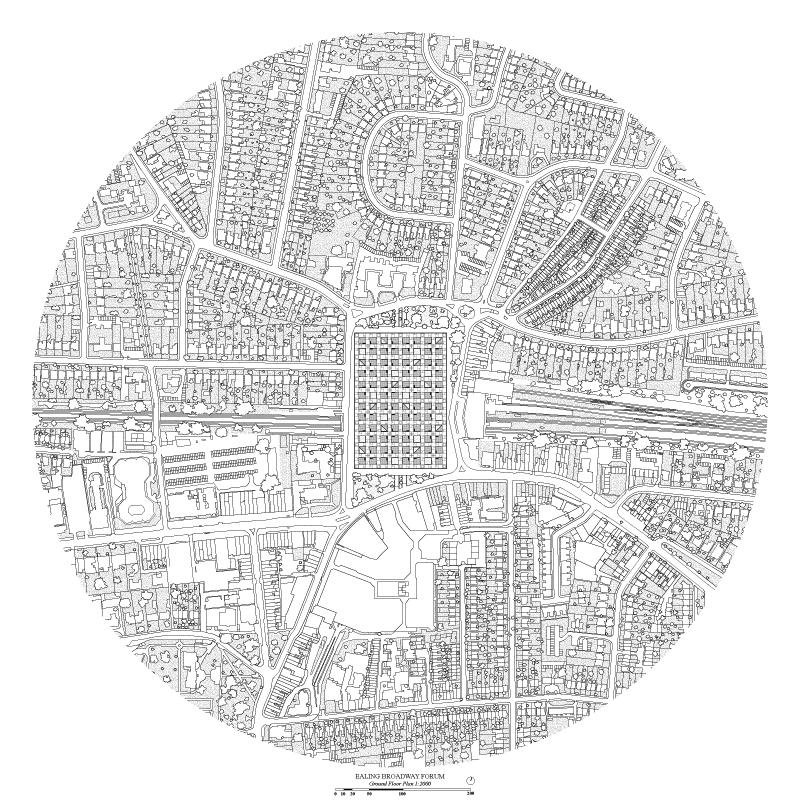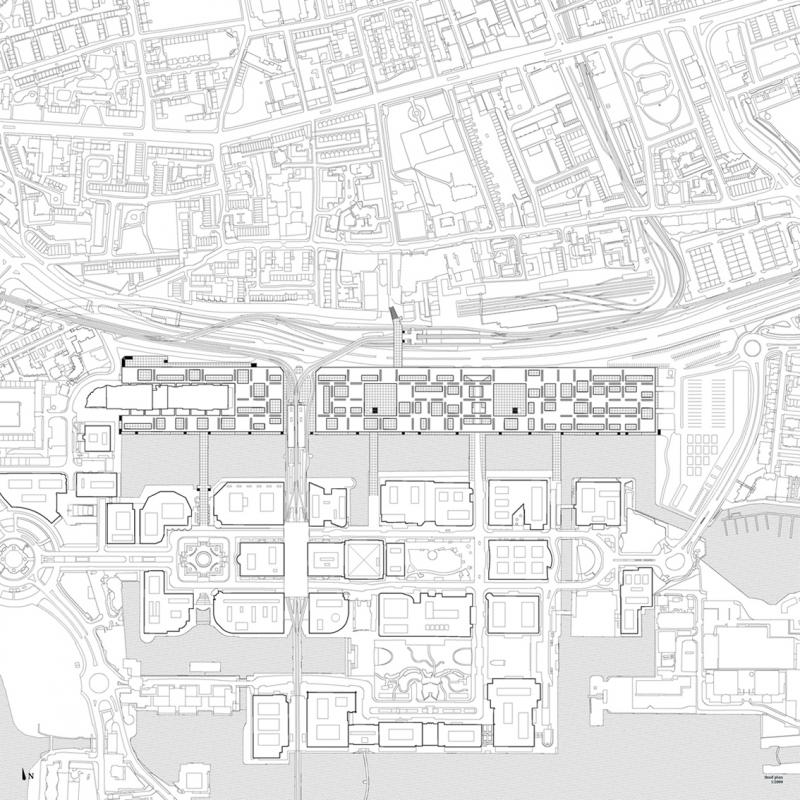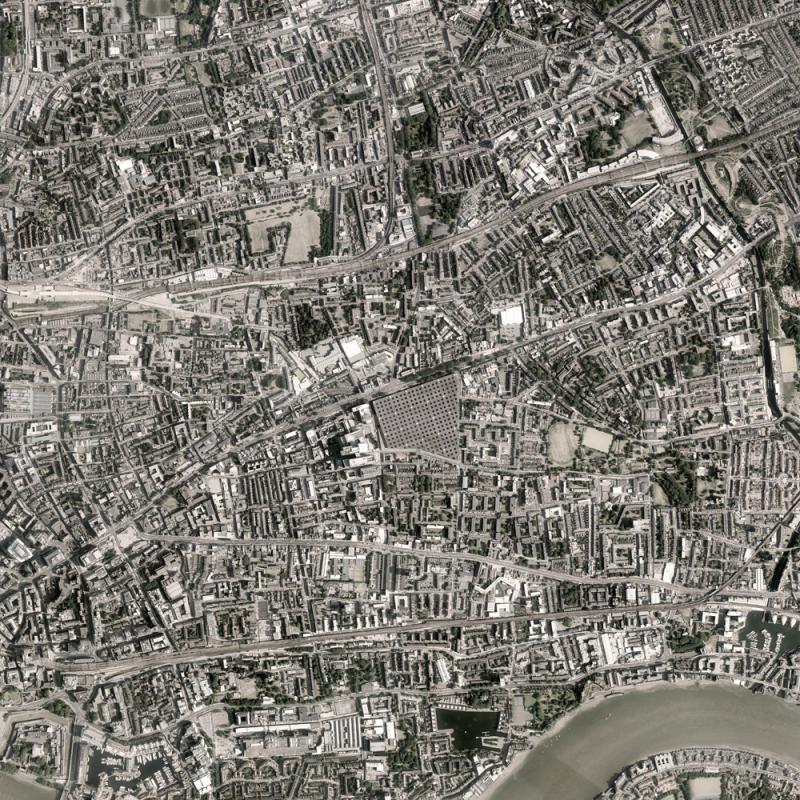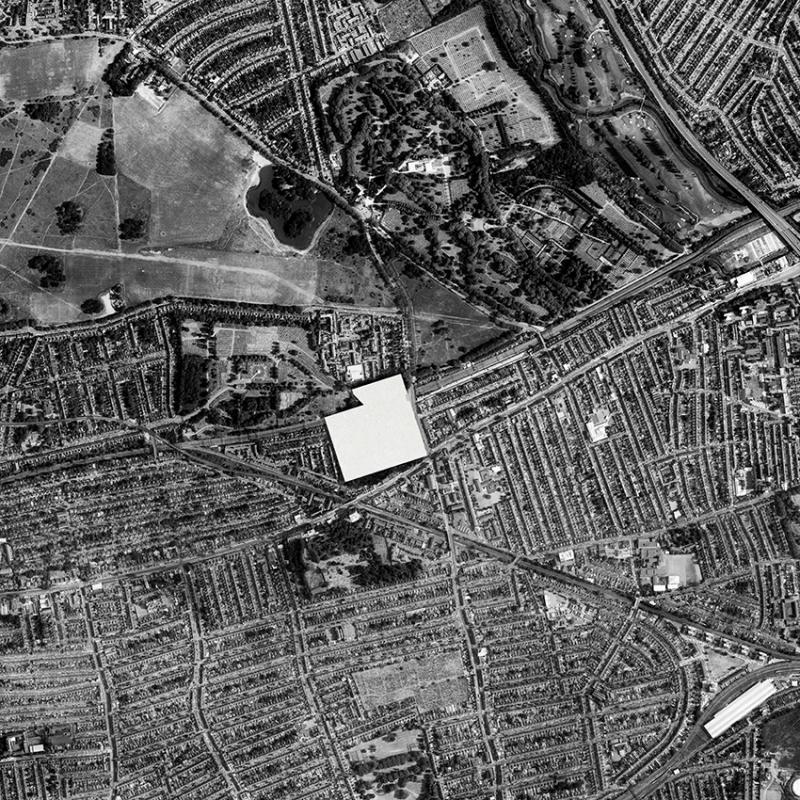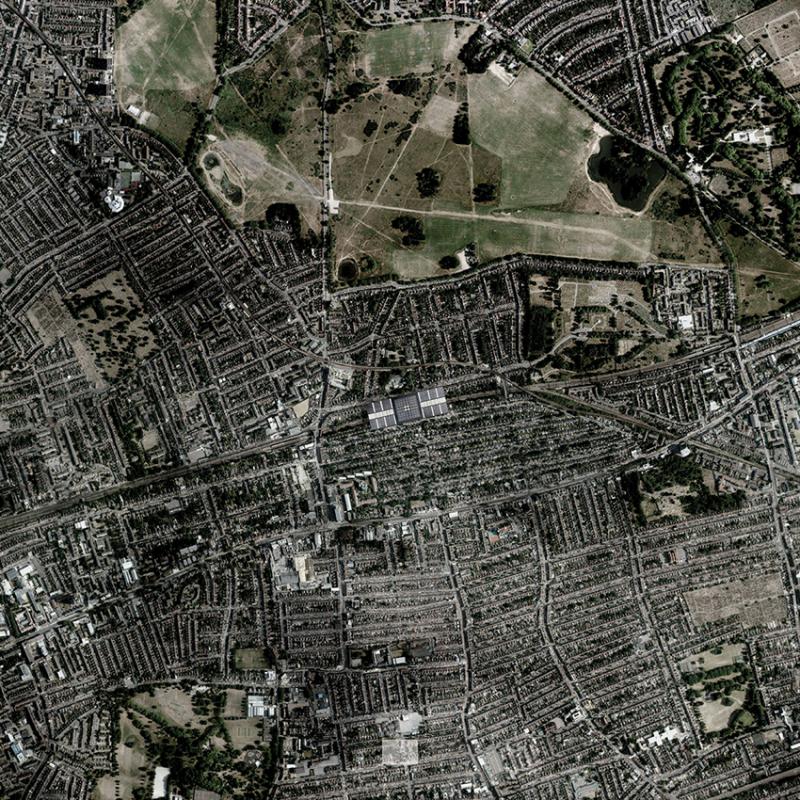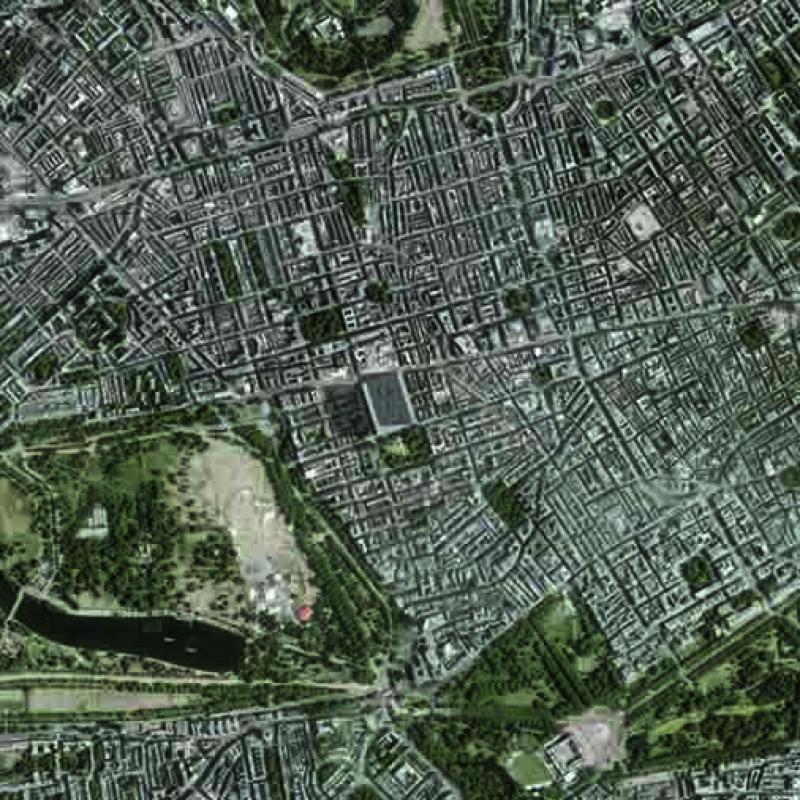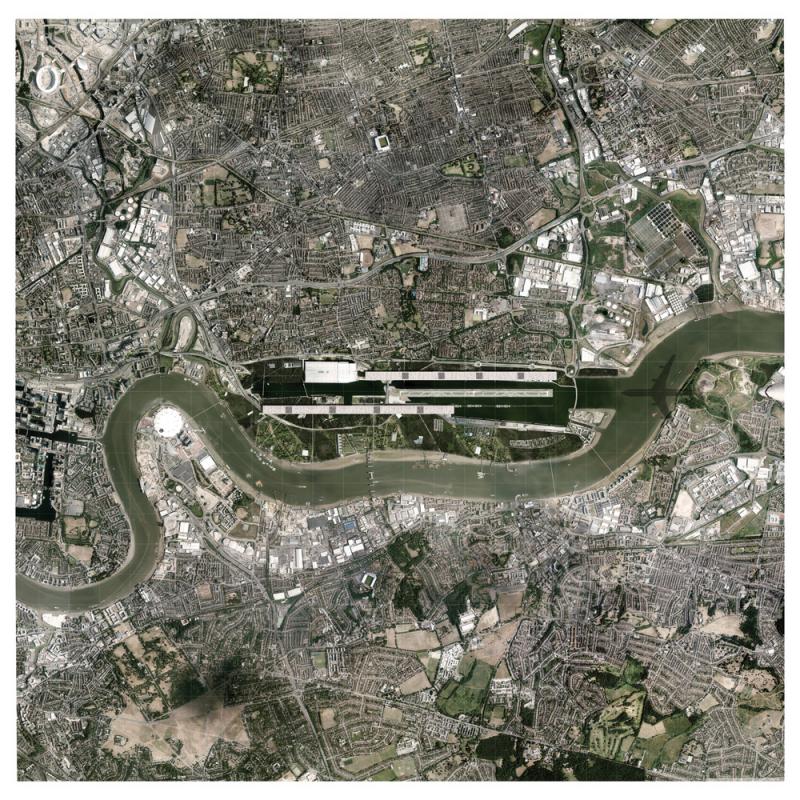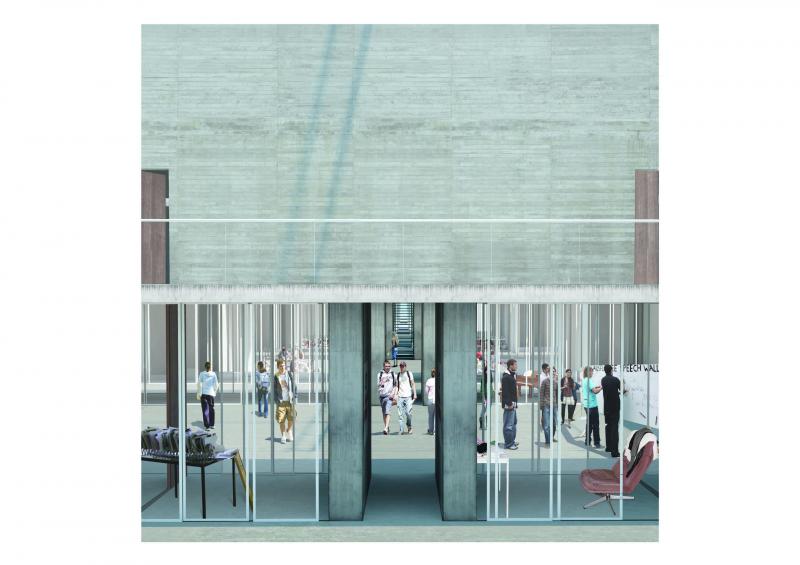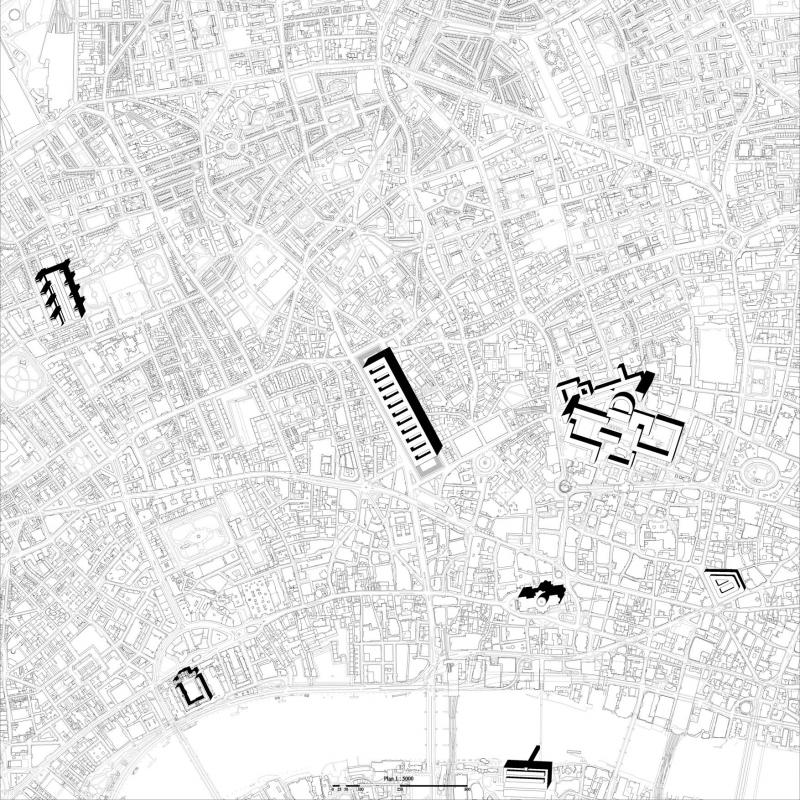Today knowledge and information are bought and sold as commodities, and universities are at the centre of the productive system. The vehicles for this exchange, however, are not simply the various academic departments, but rather the students themselves – subjects controlled through the manipulation of their desires, feelings, affections and perspectives. Unlike material production (for example, manufacturing), which results in objects that can be detached from the subject who produced them, it is not possible for knowledge production to detach from the commodity of life itself. Bios, dynamic and experience become both means and product. Rather than absorbing specific forms of knowledge, university students learn how to live, how to network, how to compete. In this way the university becomes an Edufactory empowered with the mass production of subjects ready to adapt to flexible conditions of work based on social interaction. Diploma 14 explored, questioned and reimagined this scenario. The projects developed in the studio defined new forms of welfare that counter the increasing precariousness of life and offer alternatives to neoliberal education policies. The unit focused on London as a case study and proposed interventions in the form of specific architectural projects centred around student housing and new kinds of learning centres. A critical link between form and subjectivity has been the testing ground for the development of the proposals, which tackle the condition of the student as paradigmatic case of the knowledge worker. Ultimately, the work of Diploma 14 tried to redefine this emerging subject by addressing its need for representation, while also exploring new typologies that open up the possibility of sharing space and facilities as a way to foster solidarity. In the development of the projects, the unit encouraged a radical approach in which drawing and writing are reclaimed as the most essential means to produce architecture.
Thanks to
Ross Adams
Matthew Barnett
Peter Karl Becher
Carlos Villanueva Brandt
Barbara Ann Campbell-Lange
Mark Campbell
Monia De Marchi
Oliver Domeisen
Luca Galofaro
Marina Lathouri
Gabriele Mastrigli
Jan Nauta
Douglas Spencer
Thomas Weaver
